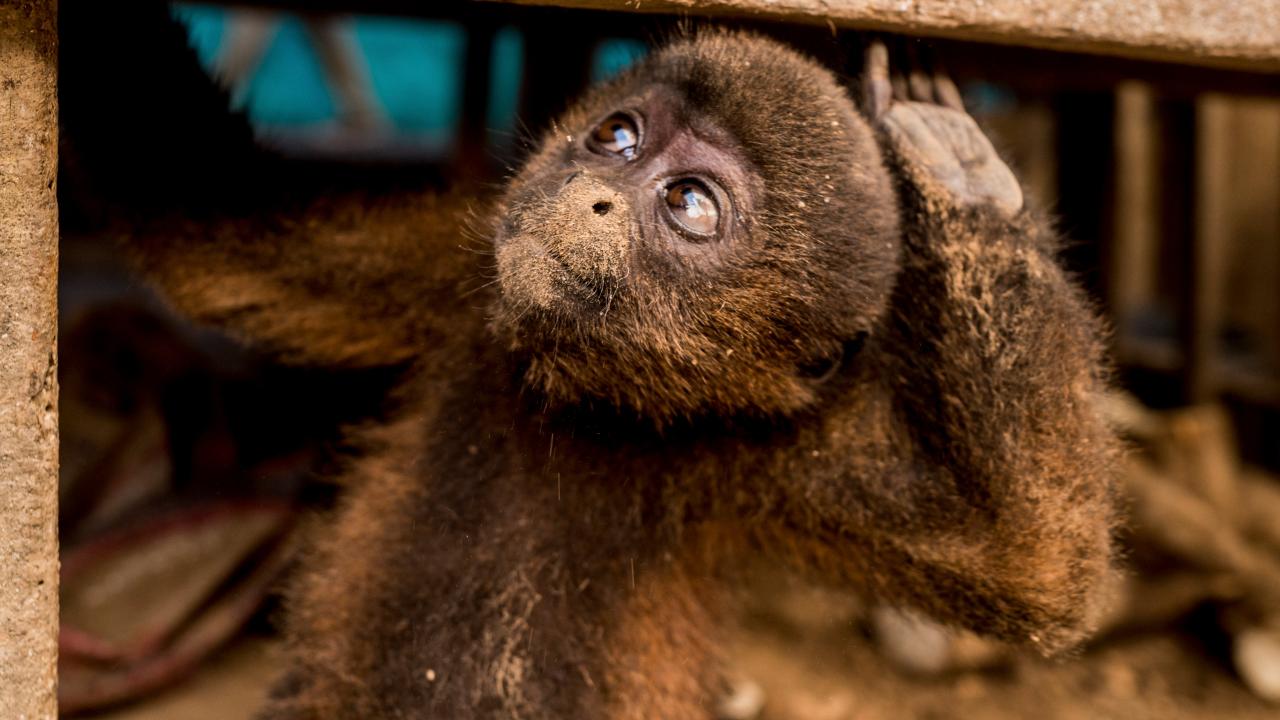
NEW PUB: Domestic networks contribute to the diversity and composition of live wildlife trafficked in urban markets in Peru
The first in a series of papers focusing on the wildlife trade and associated health risks in Peru has just been published in the journal Global Ecology & Conservation. This research was funded in part by PREDICT and is a capacity strengthening legacy of the project.
Excerpts from the abstract: Amazonian countries have historically sourced the international wildlife trade. However, little is known about their domestic trade, which is often overlooked in estimates of trafficking. Peruvian law prohibits the unauthorized trade and possession of wildlife, but illegal sales are common in urban markets. [...] Our data suggests that urban markets are connected in a structured network that provides consumers with a diverse selection of species from across the country. Failure to eradicate wildlife trafficking in markets constitutes a serious threat to wildlife conservation and One Health in Peru and beyond.
